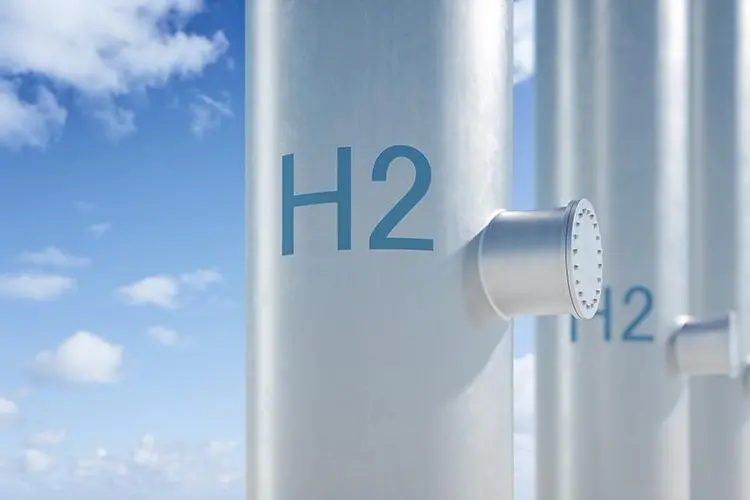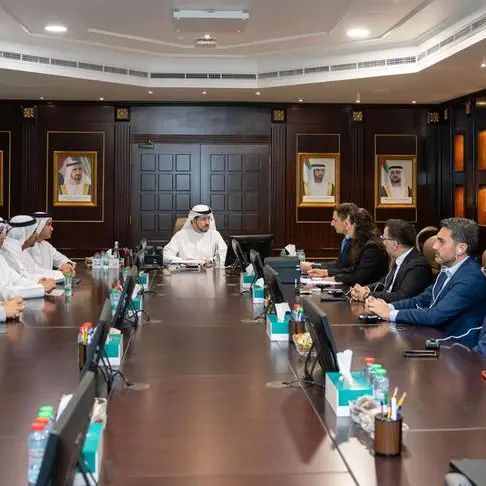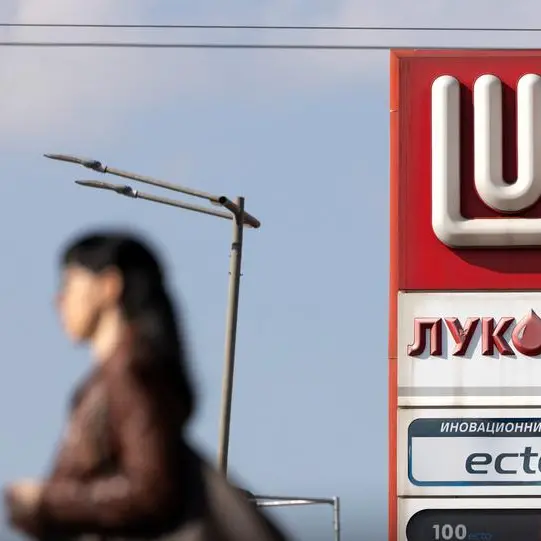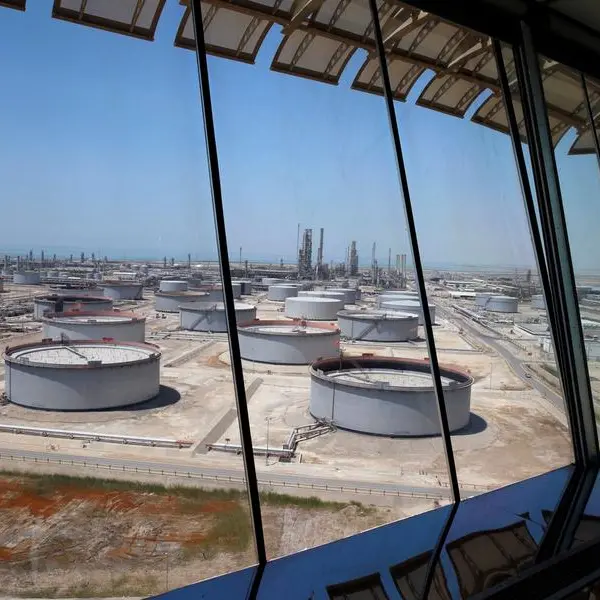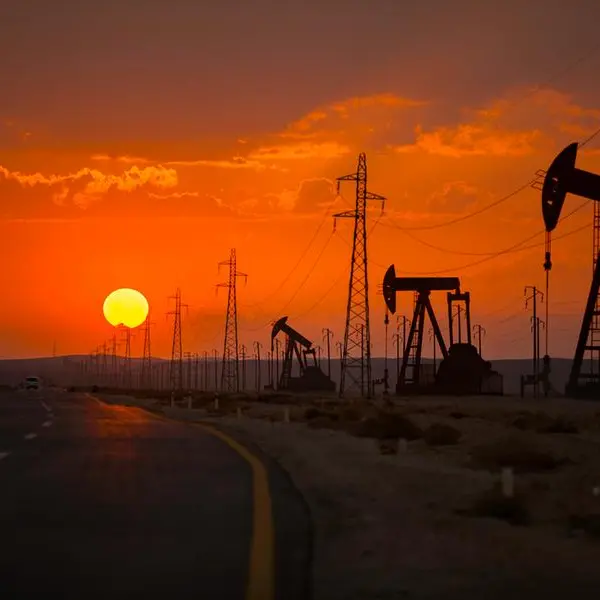PHOTO
Hydrogen momentum continues to accelerate with more than 1,000 projects announced globally, which represent $320 billion in investments through 2030.
While renewable generation is projected to reach 80% of the global energy mix by 2050, this will require annual investments in energy supply and production of about $1.5 trillion by 2035, the 2nd Energy Storage Forum has revealed.
Held under the theme ‘Driving Energy Transition Pathways Towards COP28’ and jointly organised by the Gulf Cooperation Council Interconnection Authority (GCCIA) and the independent non-profit energy research and development organisation EPRI, the forum urged financial institutions worldwide to invest in energy storage technologies that support green and renewable energy sources, with a particular emphasis on hydrogen storage.
The forum commenced with a welcome note by Eng Ahmed Al-Ebrahim, CEO of the GCC Interconnection Authority (GCCIA) and an opening speech by EPRI President and CEO Arshad Mansoor.
Successful integration
Al-Ebrahim highlighted that the successful integration of renewable energy into existing power grids requires efficient and reliable energy storage solutions.
“Energy storage technologies play a pivotal role in addressing the intermittent nature of renewable energy sources, enabling a stable and continuous supply of power,” Al-Ebrahim added.
“By investing in these technologies, financial institutions can actively contribute to the global effort to combat climate change and foster a sustainable future.”
One of the most promising energy storage solutions is hydrogen storage that has gained significant attention as a clean and versatile fuel, capable of generating power through fuel cells and providing storage for excess renewable energy.
Unique opportunity
“The Storage Energy Forum firmly believes that financial institutions have a unique opportunity to become leaders in sustainable investment by supporting energy storage technologies. By allocating resources and capital to these projects, they can drive innovation, accelerate the deployment of clean energy solutions, and pave the way for a greener and more resilient future,” said Al-Ebrahim.
The forum also witnessed several panel discussions focusing on the advancement of regulatory frameworks and incentives to support the energy transition.
Experts participating in the forum said that green financing in the Middle East and worldwide has seen exponential growth. They emphasised on the role of hydrogen in a decarbonised economy.
Challenges
The forum also highlighted the challenges of scaling up the hydrogen supply chain and sharing international experiences in hydrogen projects development.
Furthermore, keynote sessions focused on the progress and future plans of energy storage installations to support a sustainable power system and the role of smart technologies and the necessity of intelligent risk and insurance solutions.
The specialised forum welcomed collaborations with financial institutions, governments, and other stakeholders to explore opportunities, share knowledge, and develop partnerships that advance the adoption of energy storage technologies.
The three-day forum offered insightful and interactive panel discussions and technical workshops on the fundamentals driving the energy transition and energy storage. Moreover, it provided a unique opportunity for international participants to network and build partnerships with industry leaders, like-minded peers, and other stakeholders in the energy sector.
Copyright 2022 Al Hilal Publishing and Marketing Group Provided by SyndiGate Media Inc. (Syndigate.info).
